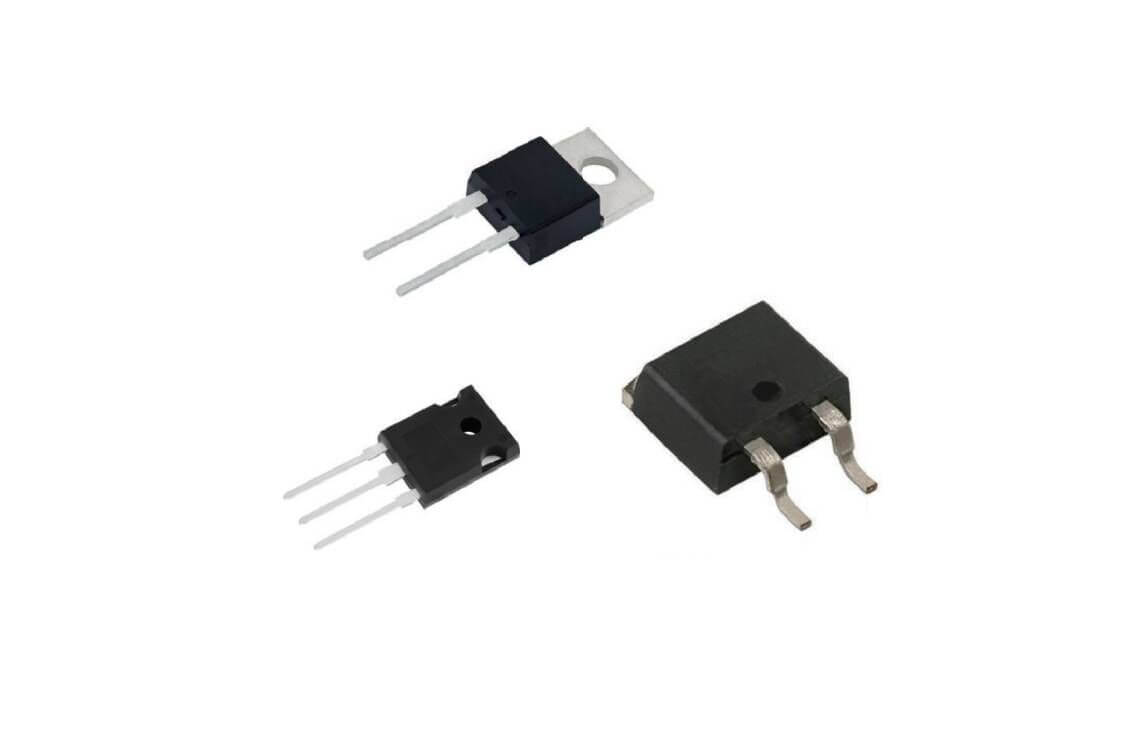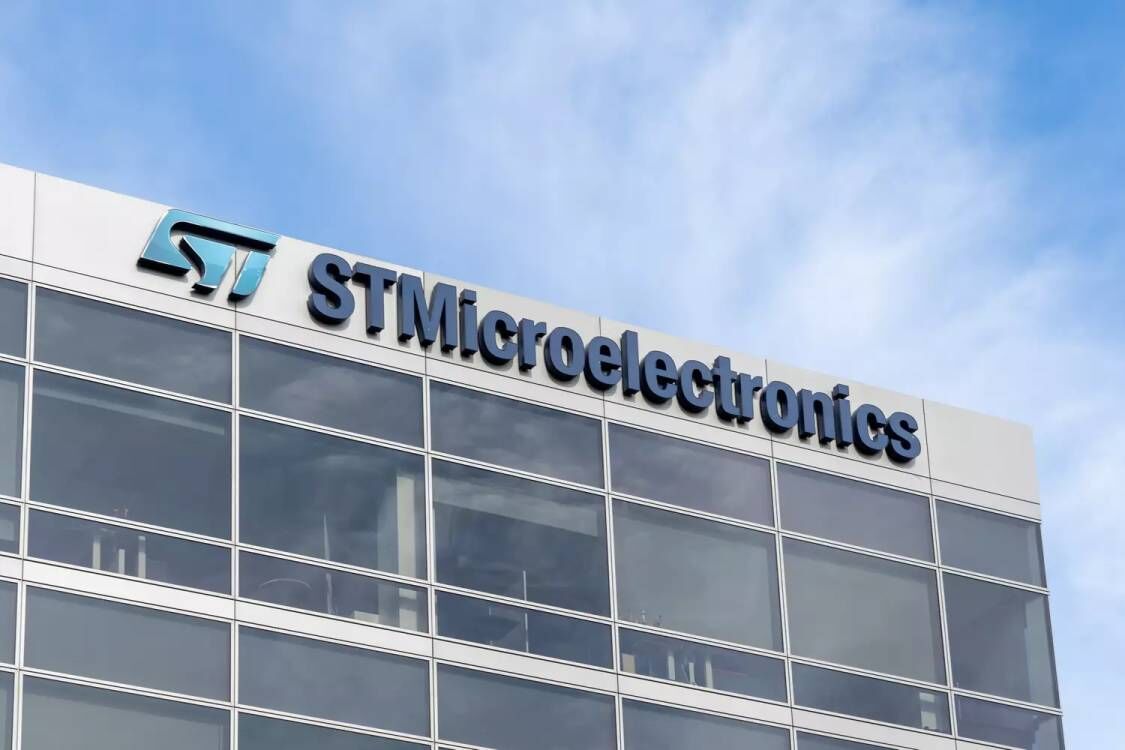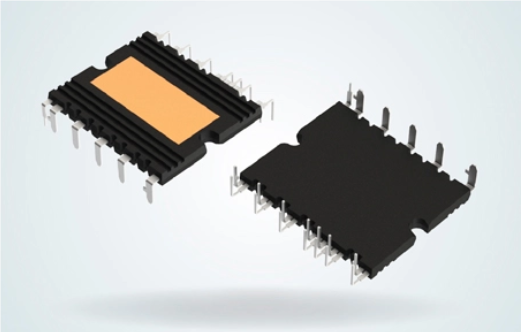May. 15, 2023 /SemiMedia/ -- Vishay Intertechnology, Inc. recently introduced 17 new 3rd generation 650 V silicon carbide (SiC) Schottky diodes. These devices incorporate a PIN Schottky (MPS) design that combines high inrush current robustness with low forward voltage drop, capacitive charge, and reverse leakage current to improve efficiency and reliability in switching power supply designs.
The next-generation SiC diodes released today consist of 4 A to 40 A devices in the TO-22OAC 2L and TO-247AD 3L through-hole and D2PAK 2L (TO-263AB 2L) surface-mount packages. Their MPS structure reduces their forward voltage drop by 0.3 V compared to previous-generation solutions, while their forward voltage drop times capacitive charge — a key figure of merit (FOM) for power efficiency — is 17 % lower.
The diodes’ typical reverse leakage current is 30 % lower at room temperature and 70 % lower at high temperature than the closest competing solution. This reduces conduction losses to ensure high system efficiency during light loads and idling. Unlike ultrafast diodes, the Gen 3 devices have virtually no recovery tail, which further improves efficiency.
Compared to silicon diodes with comparable breakdown voltage, the SiC devices offer higher thermal conductivity, lower reverse current, and shorter reverse recovery times. The diodes’ reverse recovery times are nearly temperature-independent, enabling operation at higher temperatures to +175 °C without the shifts in power efficiency caused by switching losses.
Typical applications for the devices will include AC/DC PFC and DC/DC ultra high frequency output rectification in FBPS and LLC converters for energy generation and exploration applications. Offering high reliability, the RoHS-compliant and halogen-free diodes have passed higher temperature reverse bias (HTRB) testing of 2000 hours and temperature cycling testing of 2000 thermal cycles. This is double the testing hours and cycles of AEC-Q101 requirements.
Samples and production quantities of the new SiC diodes are available now, with lead times of eight weeks.












All Comments (0)